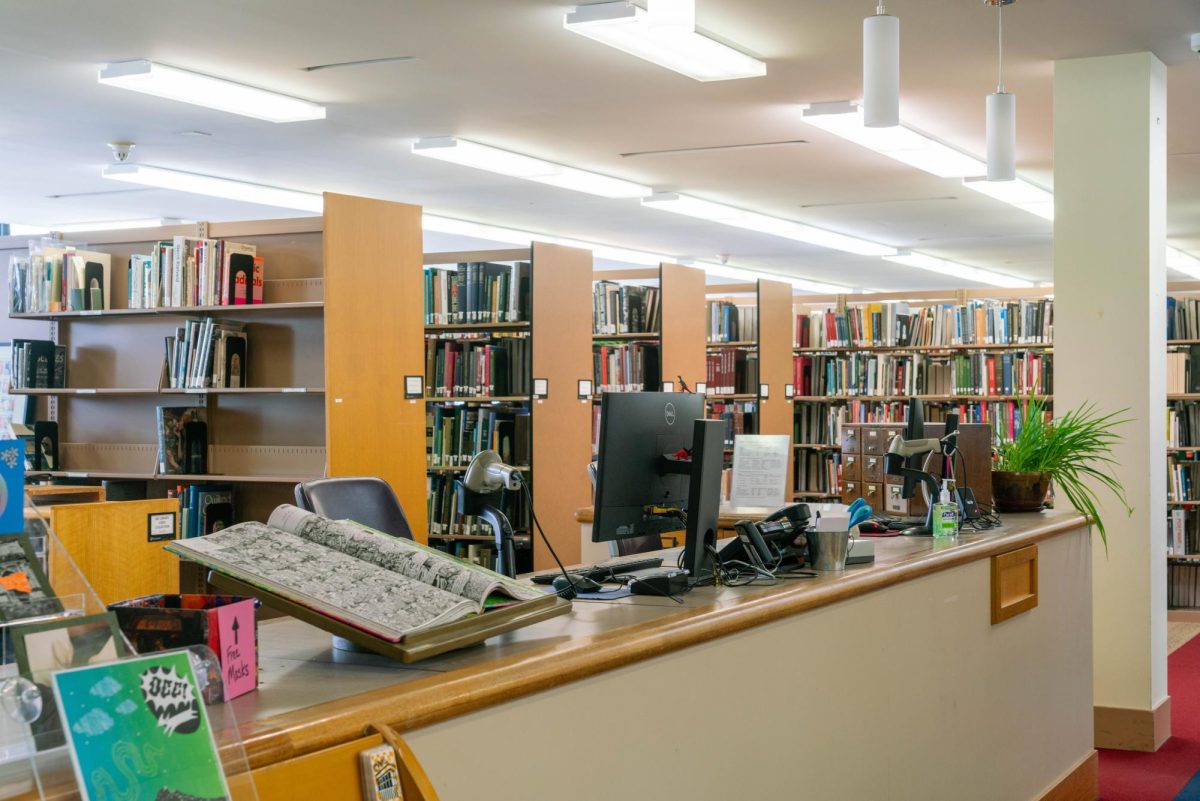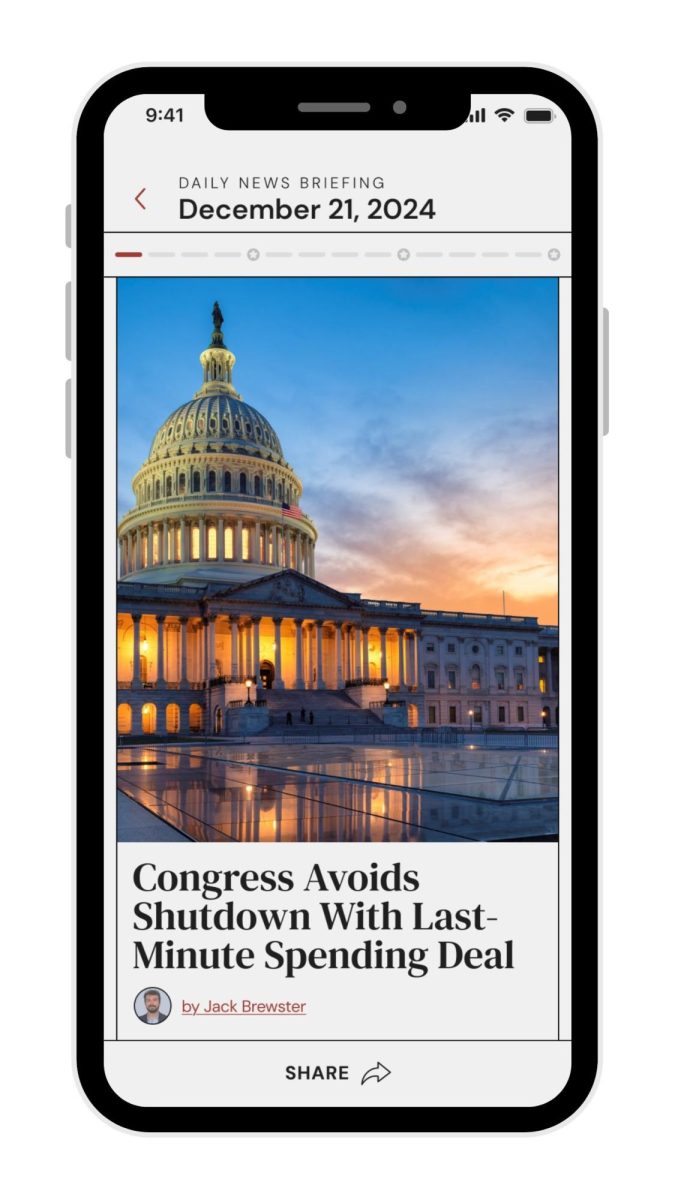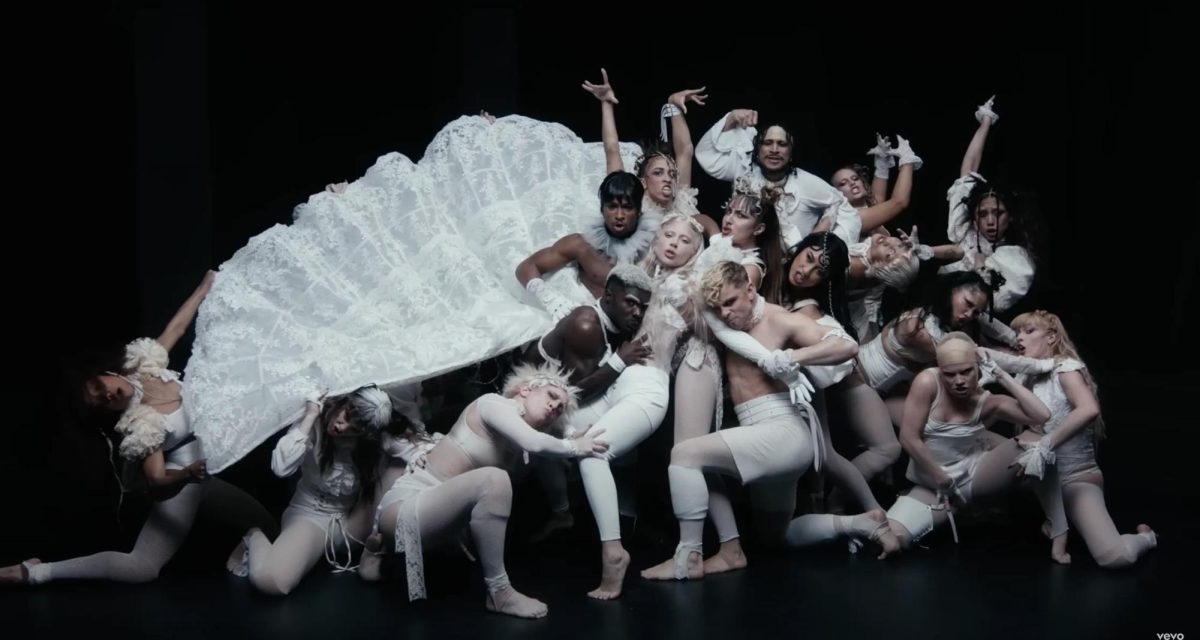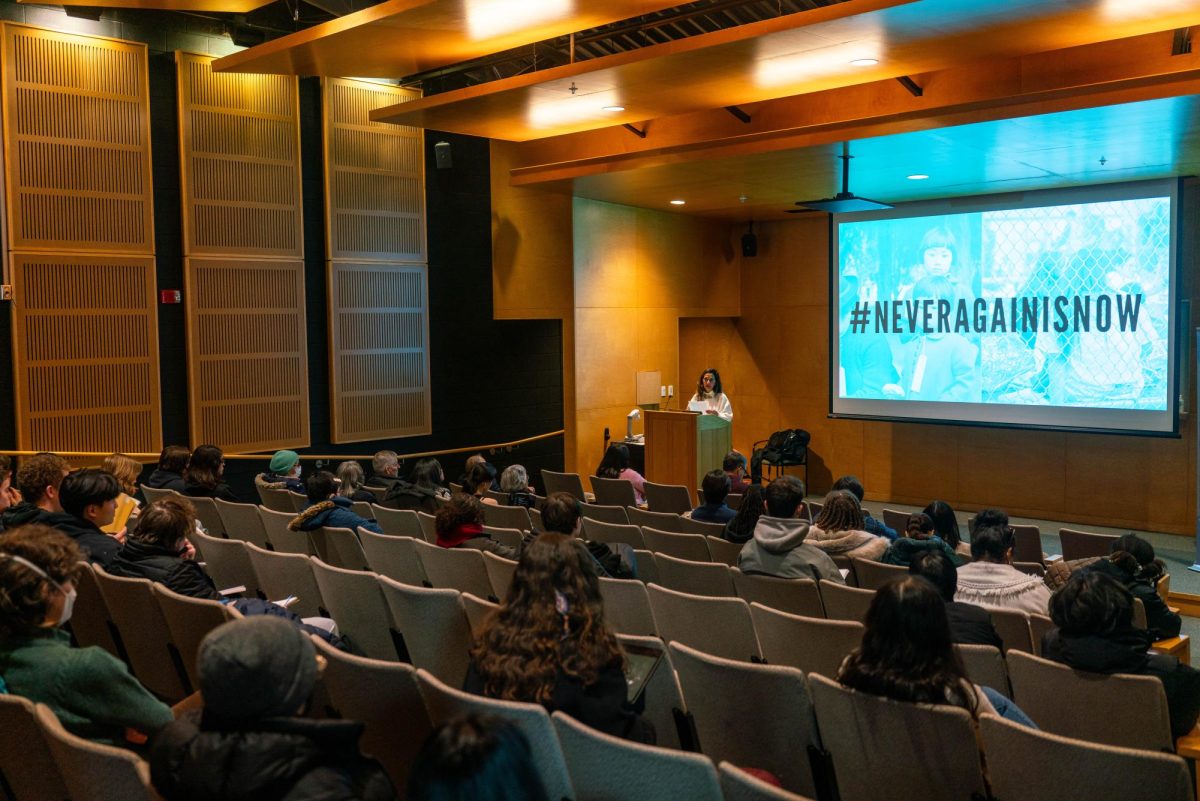Off the Cuff with Shikha Dalmia, Policy Analyst
Shikha Dalmia, co-winner of the first Bastiat Prize for Online Journalism, spoke about immigration on Thursday evening as part of the Ronald Reagan Political Lectureship Series, sponsored by the OC Republicans and Libertarians. Dalmia is a senior policy analyst at Reason Foundation, a nonprofit think tank. She also contributes regularly to other publications including the Wall Street Journal, San Francisco Chronicle and Chicago Tribune. In a telephone interview with the Review, Dalmia discussed how her personal immigration status has influenced her views, why she believes in an open border and the importance of freedom.
November 30, 2012
What factors or influences have led you to become passionate about the topic of immigration?
I myself am an immigrant to the United States. I came here from India 27 years ago [and] I think it gives me something of an insider’s perspective. Just because one is an immigrant doesn’t mean one supports immigration. If that had been the case, America wouldn’t have any controversies about immigration and every wave of new immigrants would be more pro-immigration than the previous. That, of course, doesn’t happen. Immigration is a perennially controversial subject. I think the more serious influences on my views have been uniting the ideas of free markets and limited government. I take the idea of individual liberty seriously. My view is that giving the government powers to seal the borders means that we can’t be a free country.
Where do you fall on the political spectrum in the context of immigration? What core values and beliefs do you stand for?
We all want the same things. Don’t we all want liberty? We all want the government to treat us equally, [and] we don’t want to be oppressed. … If we want to be free, we should have the freedom to be able to hire anybody we want, work with anybody we want, live with anybody we want, and our national boundaries should not be drawn by some state. If you want to describe my position in one word, it would be anti-state. I do not like the state telling individuals what they should and shouldn’t do.
If you were in charge of US Citizenship and Immigration Services, what changes would you make to the current state of affairs?
In a nutshell, what I want are open borders, but by open borders I don’t mean anybody should come in. I think the government has a legitimate role in the core functions that it is supposed to perform, which is to maintain law and order and protect people from terrorist threats, security threats and instances of public health threats. If [immigrants] carry some very deadly contagious disease that would annihilate a big portion of the population, I would be in favor of keeping those people out. Other than that, I think the government should really let employers decide [who they want to hire]. For instance, [if a company] wants to hire a computer engineer from India or China, it should be the employer’s business. What the government should do is do a background and security check on this person and if the person passes, then they should let this person in. The same should apply to apple pickers from Mexico. In other words, there should be a presumption for liberty, and a presumption for the rights of employers and the citizens of the United States to hire or live with whoever they want to. That’s the presumption that’s missing in our government.
What is the most effective way for you to communicate and share your ideas?
I’m a columnist so I write in newspapers, magazines and other public forums to promote my ideas. I give speeches; I go on television; I do all of those things. A lot of organizations and individuals actually work to lobby Congress for policy changes that they want. As a journalist, I don’t think that is an appropriate role for me because I don’t want to get too comfortable with any legislator in power because I have to be able to critique them. If I’m invited before Congress to testify on a certain issue, I might do that. But beyond that, my role does not allow me to any legislative activity. I basically try and change the public’s mind with arguments.
What message would you like to communicate to the students here on the Oberlin campus?
I’m trying to communicate the idea of why you should support open immigration, and liberalize immigration policies for the sake of their own liberties. If they are serious about liberty and keeping the government at bay, then they’ve got to get serious about liberalizing America’s immigration policy.

















